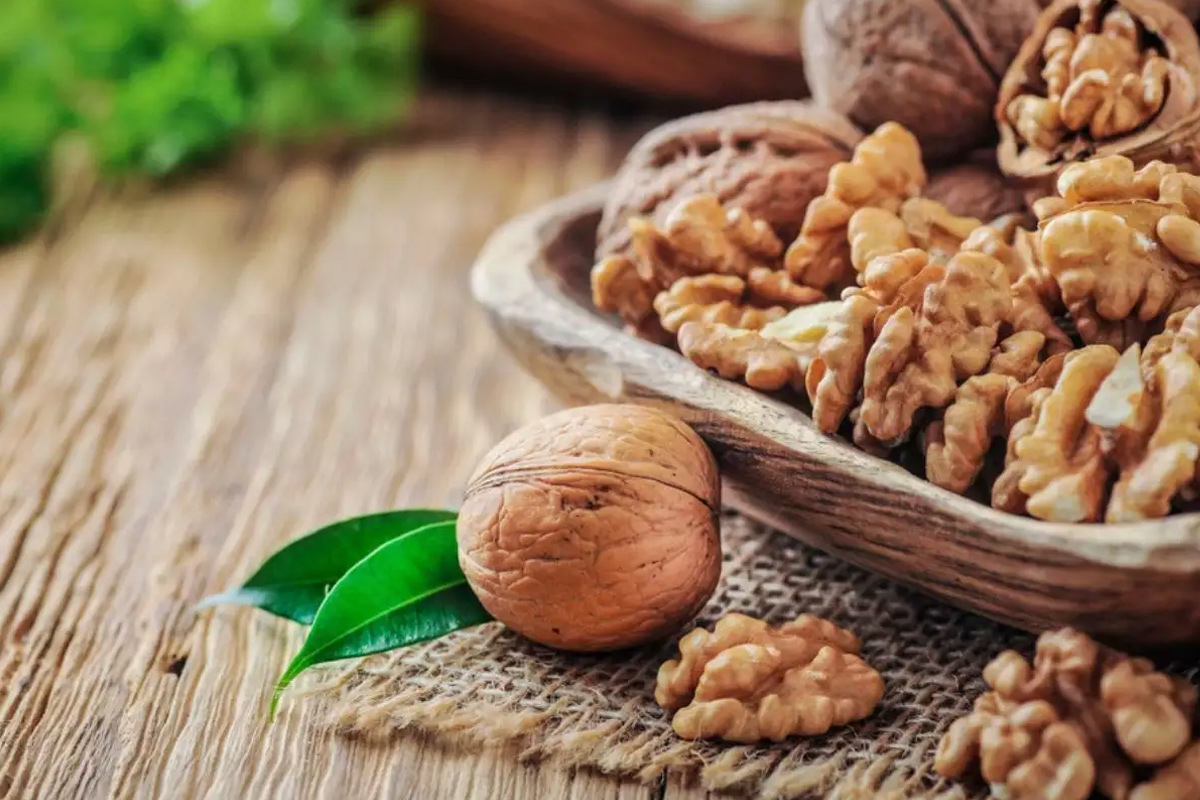A recently published article (Int. J. Environ. Res. Public Health 2020, 17(5), 1493) made for an interesting and insightful read we felt was worth sharing.
One of the main research questions asked what specific dietary intakes are associated with anxiety disorders, once other variables such as age, comorbidity, and other related demographics are controlled for.
The published findings can be summarized pretty easily, and offer significant agreements with prior publications.
-In short, clean diets that were rich in pulses, nuts, fruits, and vegetable offered significant benefit. Subjects with higher intakes of fruits and vegetables, as well as pulses and nuts, were much less likely to experience anxiety disorders.
-Conversely, diets that included sugary products, higher intakes of insoluble fibers and calcium sources with high vitamin D content were much more likely to experience anxiety disorders.
So let’s talk about “why”…
-Pulses and nuts may actually be protective against anxiety disorders. Enjoying nuts rich in omega-3 fatty acids, such as walnuts, can reduce symptoms of anxiety. Further, diets rich in nuts and pulses have been associated with reduced inflammatory markers related to anxiety. Beyond that, diets rich in fruits, vegetables, nuts, and pulses provide a broad range of essential nutrients such as zinc, magnesium, and B vitamins, all of which have also been associated with decreased anxiety.
-On the other side of things, it is known that higher intakes of sweets may be disruptive of the microbiome, play an inflammatory role, and contribute to heightened anxiety. Excess intake of insoluble fibers can contribute to reduced bioavailability of micronutrients such as iron, zinc, and manganese. This may explain the higher incidence of anxiety disorders with increased intake of insoluble fiber sources. It most be noted however that other similar studies suggest that soluble types of fiber may have a beneficial impact on gut health and mental health. Finally, the researchers stated that further investigation would be necessary to better understand the role(s) that excess intake of foods rich in calcium and vitamin D might play in anxiety.
So what’s the take home? A well balanced diet of clean whole foods, rich in pulses and nuts, and including 3+ serving of fruits and vegetable each day was found to be associated with lower levels of anxiety. A more typical Western diet high in sugary processed foods, insoluble fibers and excess excess intake of calcium and vitamin D was found to be associated with higher levels of anxiety.
